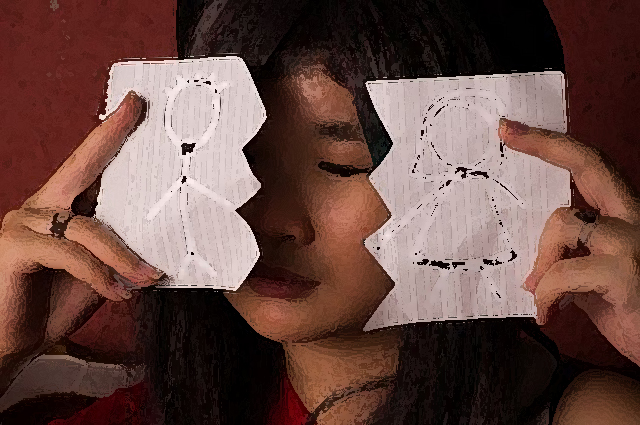


|
'Mutual Parenting': How This Can Help Your Children? |
|
|
In so many of my mediations with two parents I hear one parent talk about ‘my children’ rather than ‘ our children’, often revealing how difficult they find it to acknowledge the fact that other parent is as important in their children’s lives as they are.
Penelope Leach writes in her recent book- Family Breakdown: Helping Children Hang on to Both Their Parents, Its most important message is that the very best way to protect children of all ages from the worst of the fallout from parental separation is to strive for what I’m calling Mutual Parenting . Mutual Parenting means that whatever else is or is not going on in your adult relationship, you are jointly committed to putting your children’s well-being and happiness first and to helping each other to do so. You’ve lost a spouse or partner but that doesn’t mean your children have lost a mother or father”
The mediation process focuses parents on how they are going to achieve this for their children when communication and trust between them is so difficult.
I often begin by exploring each parent’s mindset and attitude to their role as parents and what this means for each of them. Most parents like to consider themselves good parents and both parents always admit to loving their children.
In fact, I would go as far as to say that it forms a major part of who they are, their identity. So, if you undermine or restrict a parent’s ability to parent, you undermine who they are and can expect a defensive position.
A large part of mediation is helping parents understand this and the importance to their children’s physical, psychological and emotional development of the two most important adults in their lives being able to communicate, co-operate and even, support each other, when it comes to the children’s welfare and parental separation.
Beyond understanding, mediation encourages mutual acknowledgement of each parent’s feelings by the other because, out of understanding, acknowledgement and empathy, arises mutual parenting and support.
This provides the environment in which children can thrive beyond the parent’s separation.
Written by John Hind. Mediator, Lawyer, Mediation Practice Consultant, Family Cosultant, Group Facilitator, Conflict Management Consultant and Skills Trainer at Compass Resolution. Visit website at www.compass-resolution.com for further information.
PHOTO CREDIT: SITI FATIMAH
Would you like to contribute an article? Email info@divorcedparents.co.uk |